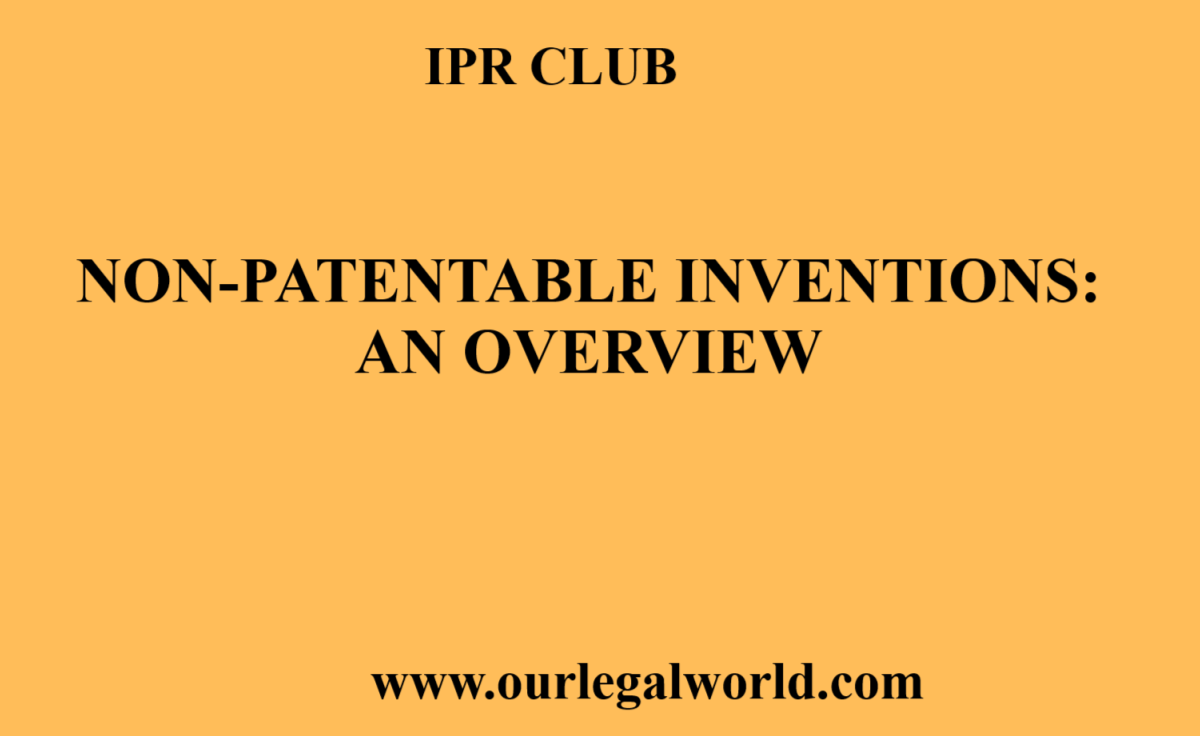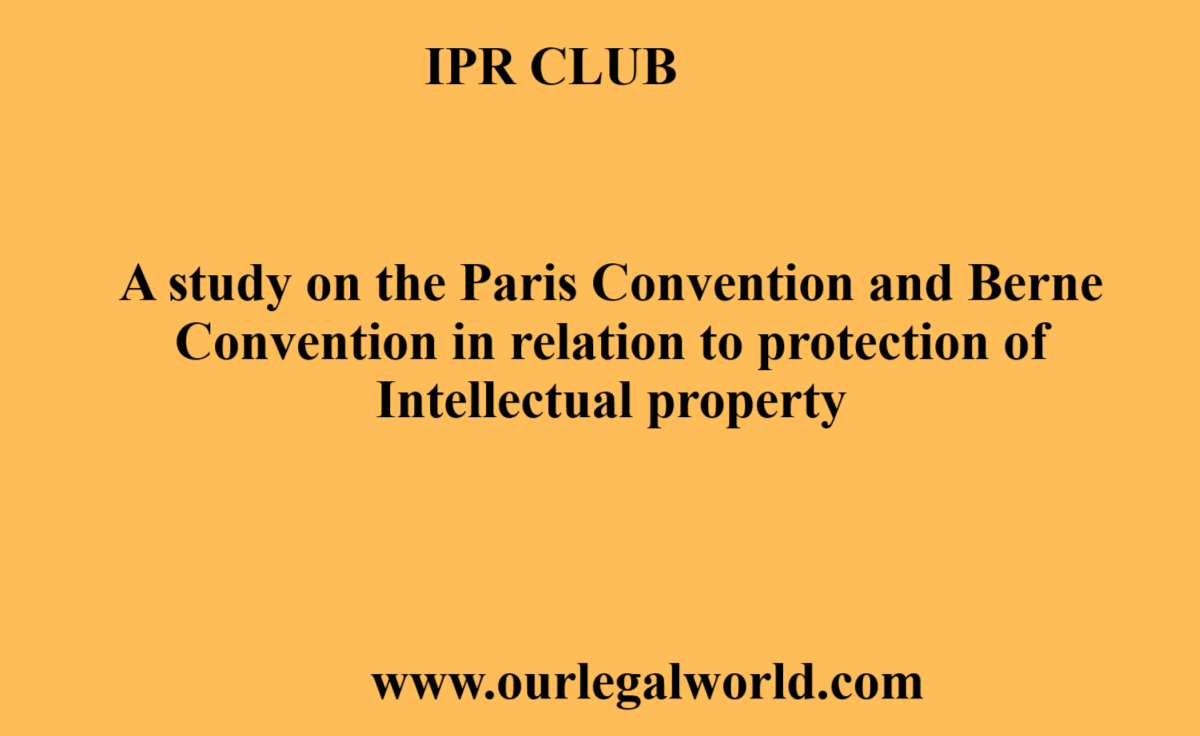20 Important Supreme Court of India Judgments January 2018
1. Yogesh Mahajan Vs. Prof. R. C. Deka Director All India Institute Of Medical Sciences
Labour Law – No contract employee has a right to have his or her contract renewed from time to time. JT 2018 (2) SC 1 : 2018 (1) SCALE 577.
Labour Law – No contract employee has a right to have his or her contract renewed from time to time. JT 2018 (2) SC 1 : 2018 (1) SCALE 577.
2. Commissioner of Income Tax 5 Mumbai Vs. M/s. Essar Teleholdings Ltd. Through Its Manager
Income Tax Act 1961 – Whether subsection (2) and subsection (3) of Section 14A inserted with effect from 01.04.2007 will apply to all pending assessments? Whether Rule 8D is retrospectively applicable? JT 2018 (2) SC 44 : 2018 (1) SCALE 681.
Income Tax Act 1961 – Whether subsection (2) and subsection (3) of Section 14A inserted with effect from 01.04.2007 will apply to all pending assessments? Whether Rule 8D is retrospectively applicable? JT 2018 (2) SC 44 : 2018 (1) SCALE 681.
3. Ashish Kumar Vs. State of Uttar Pradesh
Employment Law – When there is variance in the advertisement and in the statutory rules, it is statutory rules which take precedence. JT 2018 (2) SC 249 : 2018 (1) SCALE 608.
Employment Law – When there is variance in the advertisement and in the statutory rules, it is statutory rules which take precedence. JT 2018 (2) SC 249 : 2018 (1) SCALE 608.
4. Rambeer Shokeen Vs. State of NCT of Delhi
Statutory Bail – Application for grant of statutory bail filed by the accused, even if pending, could have been taken forward only if the prayer for extension of period was to be formally and expressly rejected by the Court. AIR 2018 SC 688 : JT 2018 (2) SC 229 : 2018 (1) SCALE 590
Statutory Bail – Application for grant of statutory bail filed by the accused, even if pending, could have been taken forward only if the prayer for extension of period was to be formally and expressly rejected by the Court. AIR 2018 SC 688 : JT 2018 (2) SC 229 : 2018 (1) SCALE 590
5. Authorized Officer, State Bank of Travancore Vs. Mathew K.C.
SARFAESI Act – The writ petition ought not to have been entertained and the interim order granted for the mere asking without assigning special reasons, and that too without even granting opportunity to the Appellant to contest the maintainability of the writ petition and failure to notice the subsequent developments in the interregnum. AIR 2018 SC 676 : JT 2018 (2) SC 3 : 2018 (1) SCALE 618.
SARFAESI Act – The writ petition ought not to have been entertained and the interim order granted for the mere asking without assigning special reasons, and that too without even granting opportunity to the Appellant to contest the maintainability of the writ petition and failure to notice the subsequent developments in the interregnum. AIR 2018 SC 676 : JT 2018 (2) SC 3 : 2018 (1) SCALE 618.
6. Latesh @ Dadu Baburao Karlekar Vs. State of Maharashtra Home Department
Criminal Trial – Merely because the names of the accused are not stated and their names are not specified in the FIR that may not be a ground to doubt the contents of the FIR and the case of the prosecution cannot be thrown out on this count. AIR 2018 SC 659 : JT 2018 (2) SC 27 : 2018 (1) SCALE 626.
Criminal Trial – Merely because the names of the accused are not stated and their names are not specified in the FIR that may not be a ground to doubt the contents of the FIR and the case of the prosecution cannot be thrown out on this count. AIR 2018 SC 659 : JT 2018 (2) SC 27 : 2018 (1) SCALE 626.
7. Shafhi Mohammad Vs. State of Himachal Pradesh
Electronic Evidence – Legal position on the subject on the admissibility of the electronic evidence, especially by a party who is not in possession of device from which the document is produced – Such party cannot be required to produce certificate under Section 65B(4) of the Evidence Act. The applicability of requirement of certificate being procedural can be relaxed by Court wherever interest of justice so justifies. AIR 2018 SC 714 : JT 2018 (2) SC 277 : 2018 (1) SCALE 235.
Electronic Evidence – Legal position on the subject on the admissibility of the electronic evidence, especially by a party who is not in possession of device from which the document is produced – Such party cannot be required to produce certificate under Section 65B(4) of the Evidence Act. The applicability of requirement of certificate being procedural can be relaxed by Court wherever interest of justice so justifies. AIR 2018 SC 714 : JT 2018 (2) SC 277 : 2018 (1) SCALE 235.
8. Shahid Jamal Vs. State of U.P.
Land Acquisition Act, 1894 – Section 18 – Enhancement of Compensation – Application was filed beyond the period of six months – Effect of.
Land Acquisition Act, 1894 – Section 18 – Enhancement of Compensation – Application was filed beyond the period of six months – Effect of.
9. Bhausaheb Vs. State of Maharashtra
Anticipatory Bail – Denial of – Investigation is in progress and the same is yet to be completed – bail granted – Accused shall cooperate with the investigation.
Anticipatory Bail – Denial of – Investigation is in progress and the same is yet to be completed – bail granted – Accused shall cooperate with the investigation.
10. Bikash Manna Vs. State of West Bengal
Anticipatory Bail – Defacto complainant has no objection – Bail granted.
Anticipatory Bail – Defacto complainant has no objection – Bail granted.
11. Municipal Council, Raghogarh Vs. National Fertilizer Ltd.
Municipalities Act – Whether the National Fertilizers Limited and Gas Authority of India Limited, are liable to pay external development charges to the Municipal Council as per its demand? JT 2018 (2) SC 43.
Municipalities Act – Whether the National Fertilizers Limited and Gas Authority of India Limited, are liable to pay external development charges to the Municipal Council as per its demand? JT 2018 (2) SC 43.
12. M/s. Neerja Realtors Pvt. Ltd. Vs. Janglu (Dead) Thr. Lr.
Substituted Service – Order V Rule 20 requires the Court to be satisfied either that there is reason to believe that the defendant is keeping out of the way for the purpose of avoiding service or that for any other reason, the summons cannot be served in the ordinary way. Substituted service is an exception to the normal mode of service. The Court must apply its mind to the requirements of Order V Rule 20 and its order must indicate due consideration of the provisions contained in it.
Substituted Service – Order V Rule 20 requires the Court to be satisfied either that there is reason to believe that the defendant is keeping out of the way for the purpose of avoiding service or that for any other reason, the summons cannot be served in the ordinary way. Substituted service is an exception to the normal mode of service. The Court must apply its mind to the requirements of Order V Rule 20 and its order must indicate due consideration of the provisions contained in it.
Ex-parte decree – A defendant against whom an ex-parte decree is passed has two options: The first is to file an appeal. The second is to file an application under Order IX Rule 13. The defendant can take recourse to both the proceedings simultaneously. The right of appeal is not taken away by filing an application under Order IX Rule 13. But if the appeal is dismissed as a result of which the ex-parte decree merges with the order of the Appellate Court, a petition under Order IX Rule 13 would not be maintainable. When an application under Order IX Rule 13 is dismissed, the remedy of the defendant is under Order XLIII Rule 1. However, once such an appeal is dismissed, the same contention cannot be raised in a first appeal under Section 96. JT 2018 (2) SC 11 : 2018 (1) SCALE 546.
13. Flora Elias Nahoum Vs. Idrish Ali Laskar
Eviction – It is not necessary for the landlord to make out all the grounds which he has taken in the plaint for claiming eviction of the tenant under the Rent Act. If one ground of eviction is held made out against the tenant, that ground is sufficient to evict the tenant from the suit premises. AIR 2018 SC 650 : JT 2018 (2) SC 129 : 2018 (1) SCALE 472.
Eviction – It is not necessary for the landlord to make out all the grounds which he has taken in the plaint for claiming eviction of the tenant under the Rent Act. If one ground of eviction is held made out against the tenant, that ground is sufficient to evict the tenant from the suit premises. AIR 2018 SC 650 : JT 2018 (2) SC 129 : 2018 (1) SCALE 472.
14. Kanaklata Das Vs. Naba Kumar Das
Rent – In a tenancy suit, only two persons are necessary parties for the decision of the suit, namely, the landlord and the tenant.
Rent – In a tenancy suit, only two persons are necessary parties for the decision of the suit, namely, the landlord and the tenant.
Rent – The landlord (plaintiff) in such suit is required to plead and prove only two things to enable him to claim a decree for eviction against his tenant from the tenanted suit premises. First, there exists a relationship of the landlord and tenant between the plaintiff and the defendant and second, the ground(s) on which the plaintiff-landlord has sought defendant’s-tenant’s eviction under the Rent Act exists. When these two things are proved, eviction suit succeeds.
Eviction – The question of title to the suit premises is not germane for the decision of the eviction suit. The reason being, if the landlord fails to prove his title to the suit premises but proves the existence of relationship of the landlord and tenant in relation to the suit premises and further proves existence of any ground on which the eviction is sought under the Tenancy Act, the eviction suit succeeds. Conversely, if the landlord proves his title to the suit premises but fails to prove the existence of relationship of the landlord and tenant in relation to the suit premises, the eviction suit fails.
Eviction – The plaintiff being a dominus litis cannot be compelled to make any third person a party to the suit, be that a plaintiff or the defendant, against his wish unless such person is able to prove that he is a necessary party to the suit and without his presence, the suit cannot proceed and nor can be decided effectively.
Necessary Party & Proper Party – A necessary party is one without whom, no order can be made effectively, a proper party is one in whose absence an effective order can be made but whose presence is necessary for a complete and final decision on the question involved in the proceeding.
Eviction – If there are co-owners or co-landlords of the suit premises then any co-owner or co-landlord can file a suit for eviction against the tenant. In other words, it is not necessary that all the owners/landlords should join in filing the eviction suit against the tenant. AIR 2018 SC 682 : JT 2018 (2) SC 576 : 2018 (1) SCALE 482.
15. Mst. Anusuiya @ Saraswatibai Vs. State of Madhya Pradesh
Criminal Law – Whether the prosecution was able to prove their case under the twin Sections, namely, Sections 306 and 498-A of the IPC, which resulted in death of R and, if so, whether the two Courts below were justified in convicting both the accused.
Criminal Law – Whether the prosecution was able to prove their case under the twin Sections, namely, Sections 306 and 498-A of the IPC, which resulted in death of R and, if so, whether the two Courts below were justified in convicting both the accused.
16. Karnataka Live Band Restaurants Association Vs. State of Karnataka
Licensing and Controlling of Places of Public Entertainment (Bangalore City) Order 2005 – the Order 2005 does not suffer from any arbitrariness or unreasonableness and nor it infringes the fundamental right of the appellant guaranteed under Article 19 (1)(g) of the Constitution of India. AIR 2018 SC 731 : JT 2018 (2) SC 68 : 2018 (1) SCALE 507.
Licensing and Controlling of Places of Public Entertainment (Bangalore City) Order 2005 – the Order 2005 does not suffer from any arbitrariness or unreasonableness and nor it infringes the fundamental right of the appellant guaranteed under Article 19 (1)(g) of the Constitution of India. AIR 2018 SC 731 : JT 2018 (2) SC 68 : 2018 (1) SCALE 507.
17. Subhash Chander Bansal Vs. Gian Chand
Indian Penal Code,1908 – Ss. 307/325/148/149 – Whether the High Court having convicted the four accused persons under Section 325 read with Section 34 IPC was justified in imposing the sentence that was already undergone by them and by imposing a fine of Rs.50,000/- to be paid equally by the four convicted accused persons. AIR 2018 SC 655 : JT 2018 (2) SC 464 : 2018 (1) SCALE 499.
Indian Penal Code,1908 – Ss. 307/325/148/149 – Whether the High Court having convicted the four accused persons under Section 325 read with Section 34 IPC was justified in imposing the sentence that was already undergone by them and by imposing a fine of Rs.50,000/- to be paid equally by the four convicted accused persons. AIR 2018 SC 655 : JT 2018 (2) SC 464 : 2018 (1) SCALE 499.
18. H.V. Nirmala Vs. R. Sharmila
Will – In order to prevail the last Will over the earlier one, the reference of revocation of the earlier Will dated 12.03.1980 was necessary in the later Will. JT 2018 (2) SC 16 : 2018 (1) SCALE 495.
Will – In order to prevail the last Will over the earlier one, the reference of revocation of the earlier Will dated 12.03.1980 was necessary in the later Will. JT 2018 (2) SC 16 : 2018 (1) SCALE 495.
19. Jayaprakash Vs. T.S. David
Civil Procedure – Defendants were entitled for a fresh notice of the suit once restored despite their non-appearance in the first round of trial in the suit and in Order 9 Rule 13 proceedings. AIR 2018 SC 718 : JT 2018 (2) SC 484 : 2018 (1) SCALE 492.
Civil Procedure – Defendants were entitled for a fresh notice of the suit once restored despite their non-appearance in the first round of trial in the suit and in Order 9 Rule 13 proceedings. AIR 2018 SC 718 : JT 2018 (2) SC 484 : 2018 (1) SCALE 492.
20. Maya Devi (D) Thr. Lrs. Vs. State of Haryana
Land Acquisition Act, 1894 – S. 4(1) – the compensation to be awarded shall be determined by the reference court, based upon the market value of the acquired land at the date of the publication of the notification under Section 4(1). AIR 2018 SC 645 : JT 2018 (2) SC 495 : 2018 (1) SCALE 501
Land Acquisition Act, 1894 – S. 4(1) – the compensation to be awarded shall be determined by the reference court, based upon the market value of the acquired land at the date of the publication of the notification under Section 4(1). AIR 2018 SC 645 : JT 2018 (2) SC 495 : 2018 (1) SCALE 501
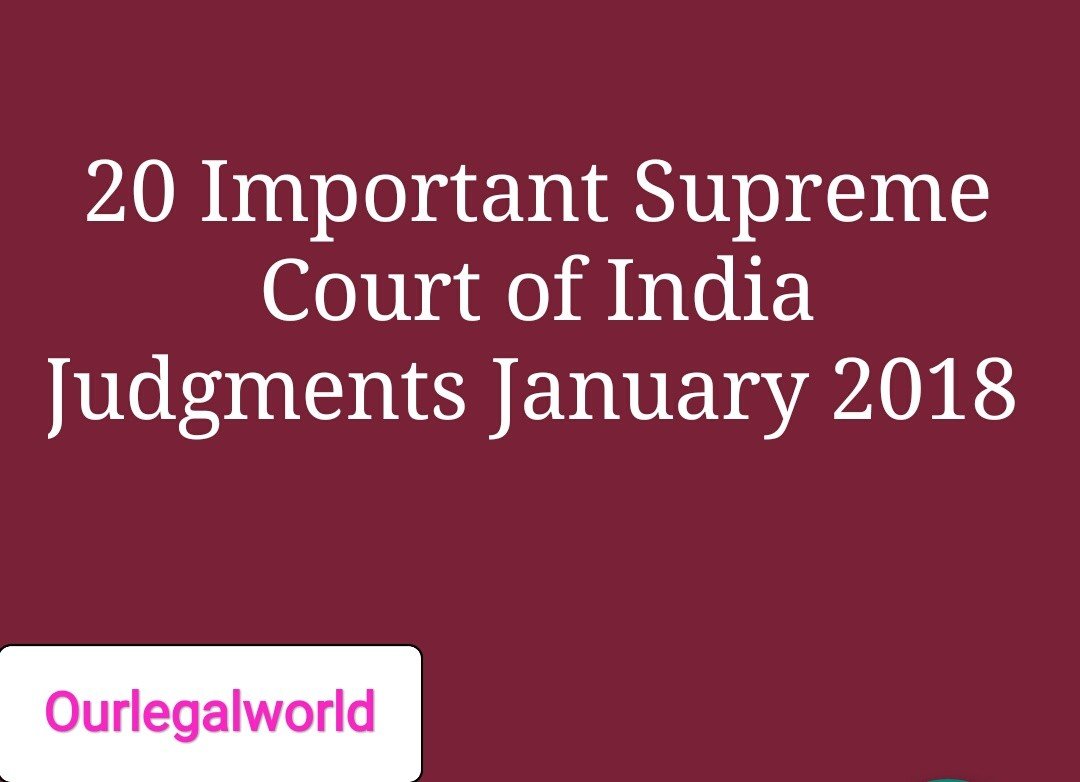



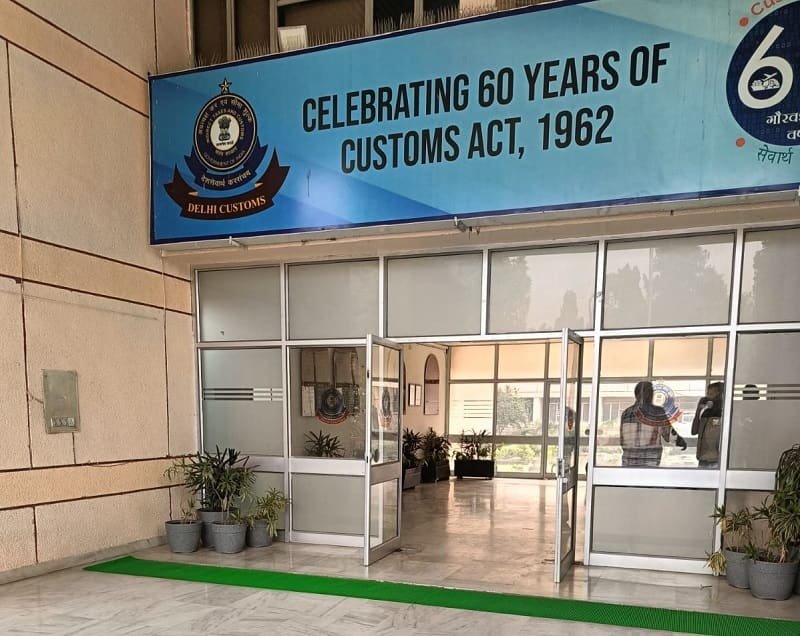
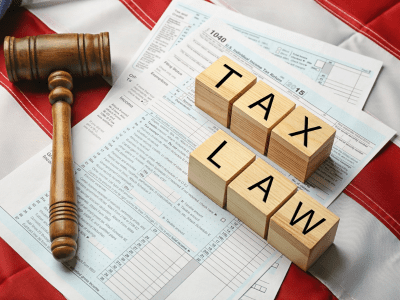
![Jamia Hamdard Mediation Competition 2025 at School of Law, HILSR [21st February 2025]](https://ourlegalworld.com/wp-content/uploads/2024/12/Screenshot-11-min-1.png)
